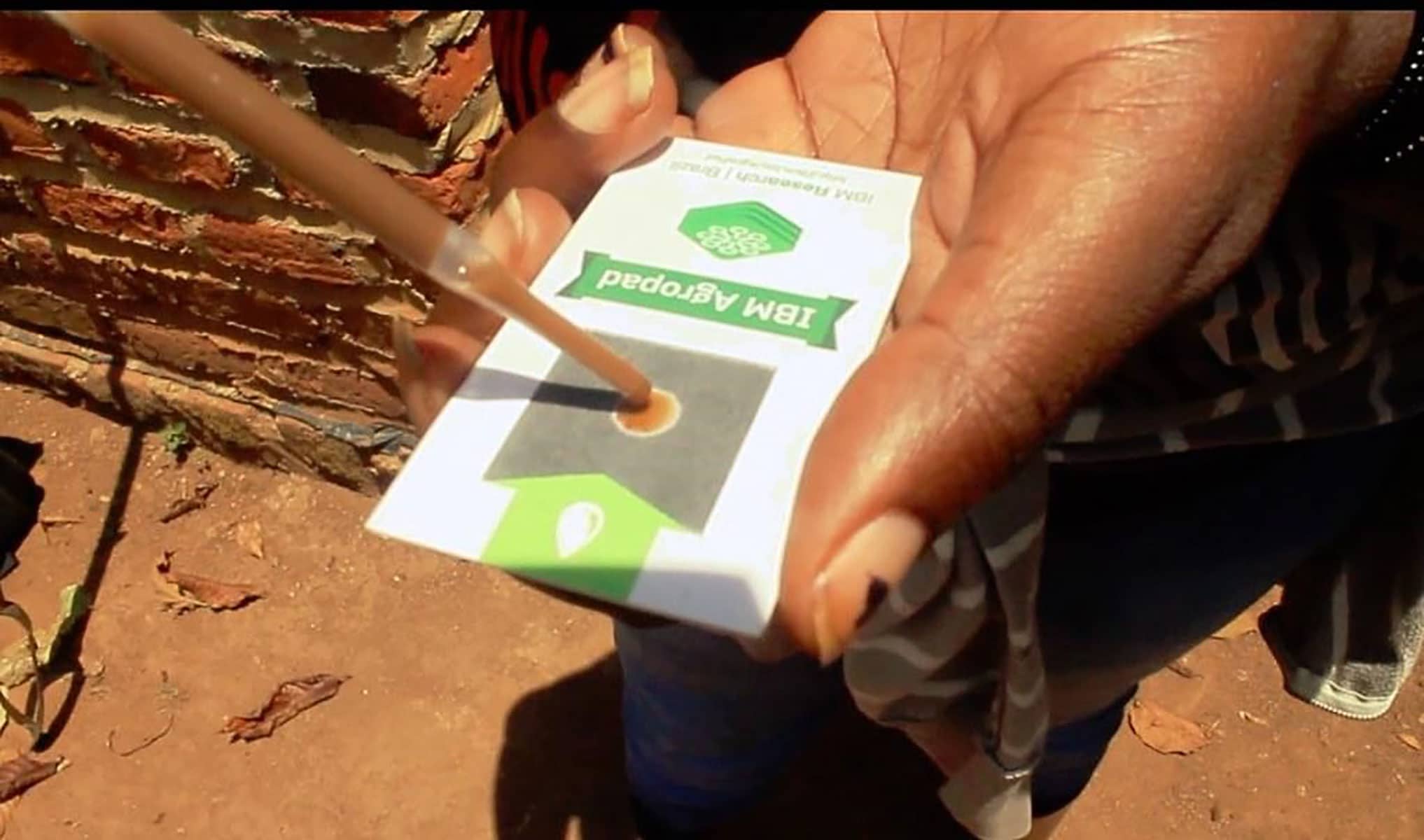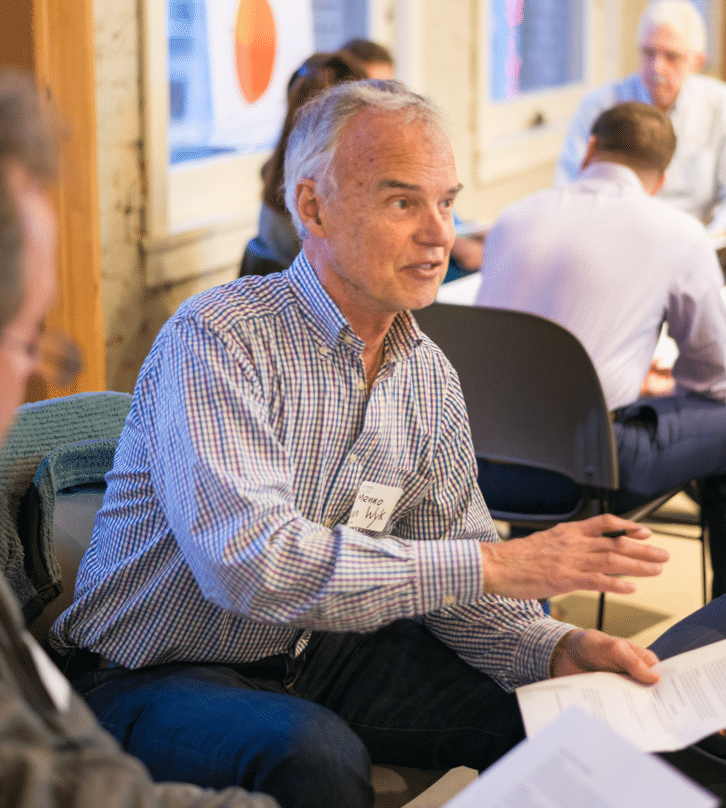Governments in sub-Saharan Africa frequently give two bits of advice to smallholder farmers hoping to improve crop yields: apply more fertilizer, or use more irrigation. These tips seem reasonable, simple to follow, and effective, yet they aren’t working—Africa’s smallholders still struggle to match the productivity of farmers in other regions, even after following this advice. Now a coalition of university researchers and African agricultural nonprofits are arguing for a different approach to close the “yield gap” in African smallholder agriculture. They say an emphasis on fertilizer and more watering is outdated and that smallholders need a new approach, one focused on tailoring agricultural intelligence to local and farm soil conditions. And they say they’re developing the tools needed to do it, showing in the process how precision soil intelligence and extension advice can have dramatic effects on smallholder farm wellbeing. They’re also urging agricultural scientists everywhere to innovate and help develop better technologies to see their approach gain wider use.
Beyond Fertilizer, Better Soil Intelligence
Calling themselves the “Transforming Irrigation in Southern Africa” project, this coalition says they’re improving food security through a new approach, one that aims fertilizer and irrigation advice at the farm level. They believe that smallholder farms can often yield more crops with fewer inputs with better information on-farm soil fertility, soil moisture content, and market prices. Easy-to-use field tests can determine whether soil already has enough water and nutrients. If not, farmers can assess whether the costs of inputs are worthwhile. This new approach is being spearheaded by two Australian universities and the International Crops Research Institute for the Semi-Arid Tropics in Ethiopia. Organizers explain their philosophy in an op-ed article recently published in the journal Nature Food, titled “Beyond fertilizer for closing yield gaps in sub-Saharan Africa” (https://www.nature.com/articles/s43016-021-00386-7).
“We have provided the farmers with basic field books to help them calculate what it’ll cost to grow a crop and the necessary labor required, and figure out how much income they’ll get from growing that crop.”
Precision Tools, Precision Advice
Australian National University professor Jamie Pittock says governments pressing farmers to simply add more fertilizer and more irrigation often do so without any cost-benefit analysis for farmers. They’re now working to change this. “We have provided the farmers with basic field books to help them calculate what it’ll cost to grow a crop and the necessary labor required, and figure out how much income they’ll get from growing that crop,” he explains. Pittock says a new, more careful approach founded first on precise soil conditions has been particularly helpful for improving irrigation practices—before their interventions they found many farms often overwatered, accidentally drowning crops. By better assessing soil conditions beforehand farmers can now lower irrigation volumes, saving time, labor, and money.
The same holds for fertilizers. For instance, Pittock says better information on soil fertility and fertilizer prices helped farmers in the regions they\’re active in team-up to purchase bulk quantities of fertilizers at discounted prices, dividing up the inputs between them as needed while saving everyone involved in the bulk purchase scheme money. “We’ve since surveyed the farmers we’ve worked with who told us that with the extra money they now have, they are buying more nutritious food for their family, investing in healthcare, and are paying for their children to have an education,” Pittock says. The coalition estimates that they’ve helped about 16,000 sub-Saharan African smallholder farmers so far, but they would like to expand this initiative in localized soil science data even further.
An Innovation Platform
The Australian-African group says they need help to truly transform the way African smallholder farmers approach smallholder irrigation and fertilizer application. They’re challenging other agricultural innovators to come up with other creative solutions to build on their work. No one organization has all the ideas, but Grow Further is excited about the possibility of pushing some of them forward.
— Grow Further
Photo credit: Enveritas pilots IBM’s AgroPad soil moisture testing kit for smallholder farmers. IBM Research, Creative Commons.




